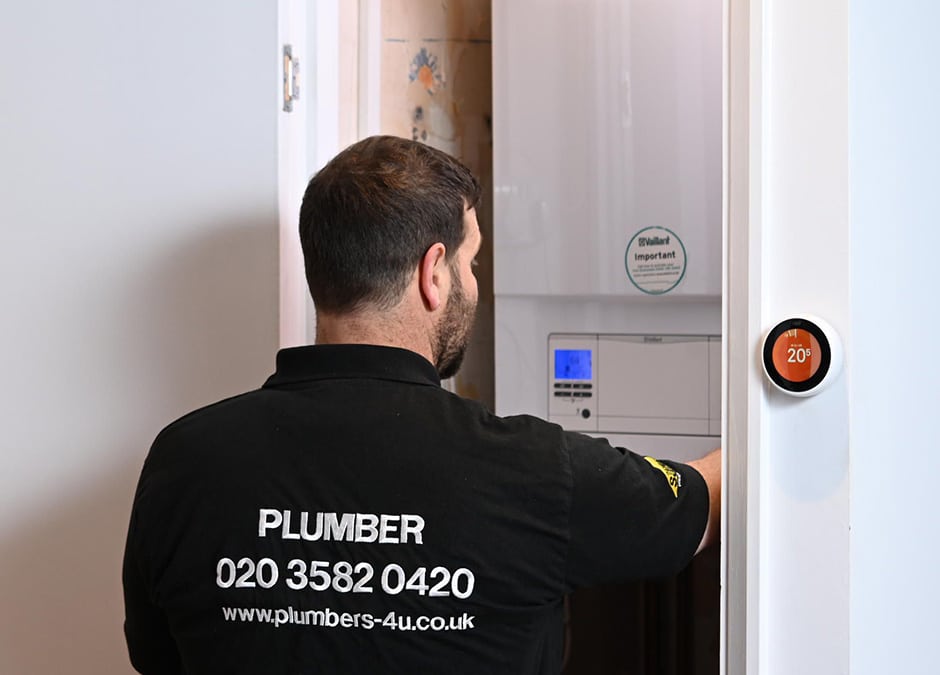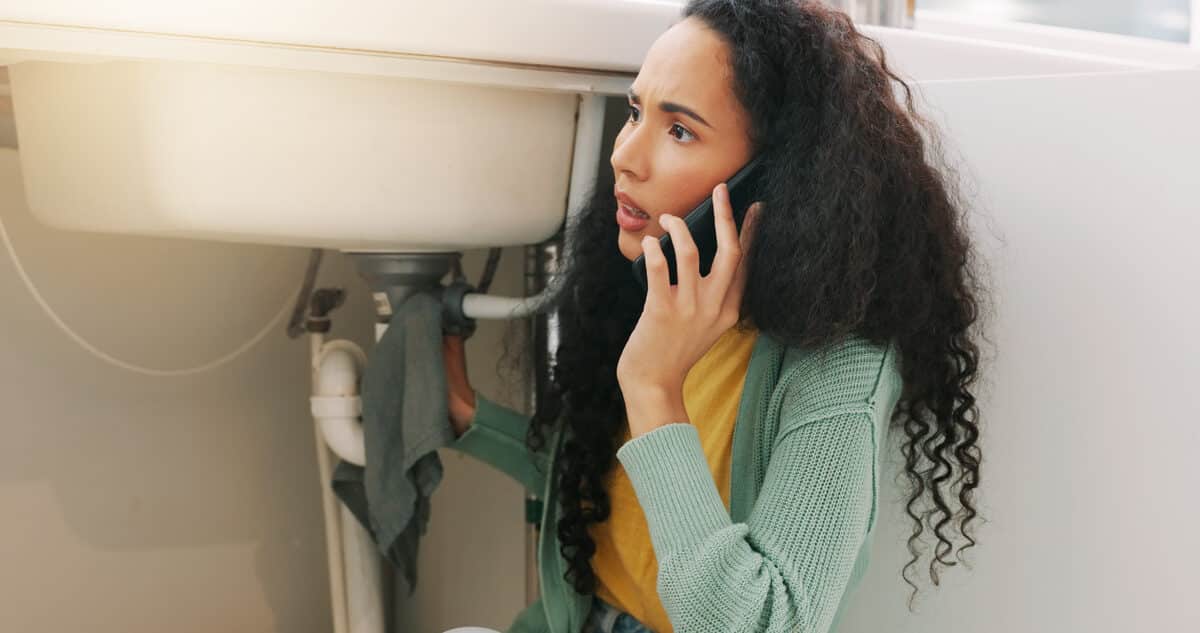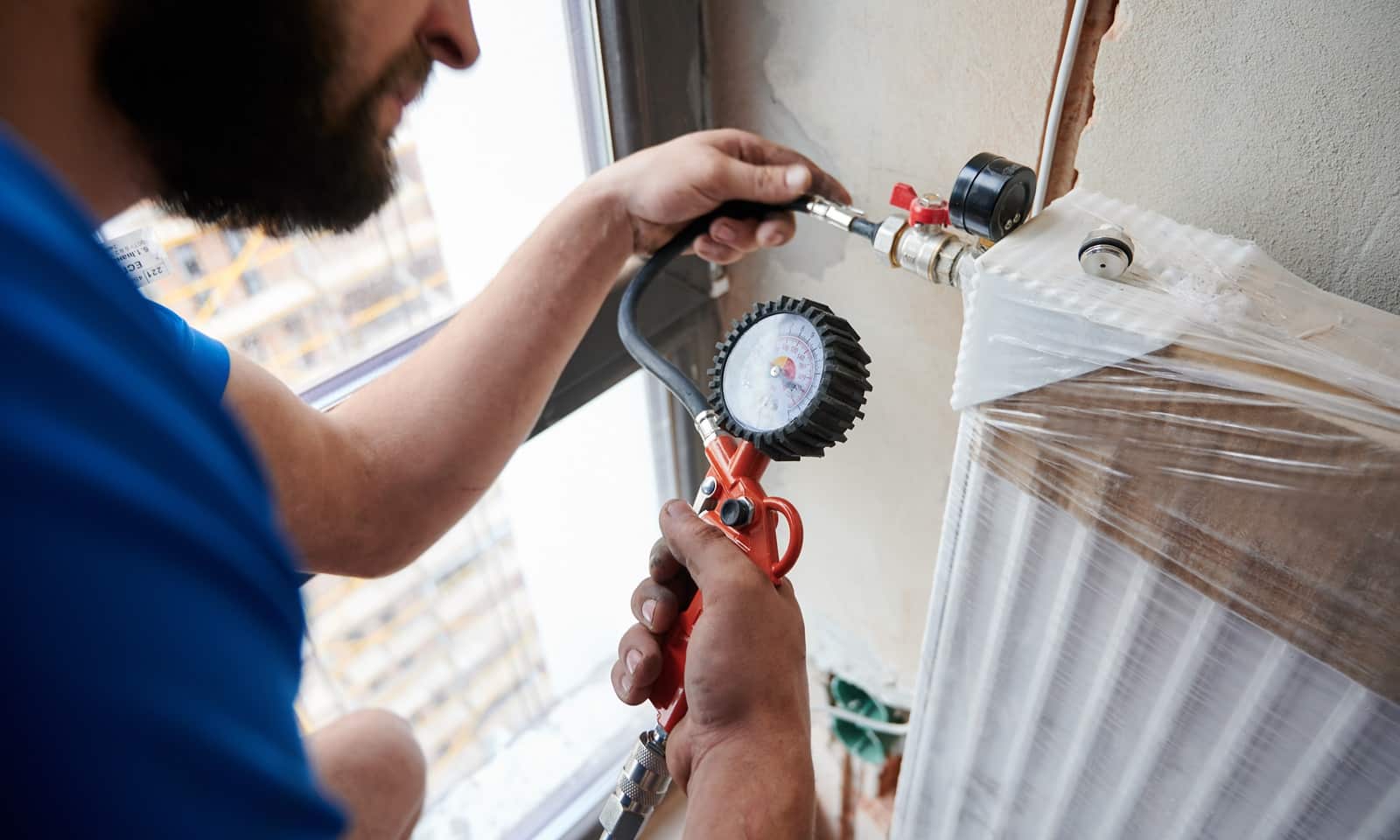 What To Do in a Gas Emergency
What To Do in a Gas Emergency

Gas leaks can be a serious concern for homeowners, as they can pose a significant risk to both property and people. If you suspect a gas leak, it is important to take immediate action to ensure the safety of yourself and others. In this blog post, we will discuss what to do if you smell gas, who to call in a gas emergency, what a gas leak smells like, and what symptoms a gas leak could cause.
First, let’s talk about what to do if you smell gas. If you suspect a gas leak, the first thing you should do is evacuate the building immediately. Do not use any electrical switches, appliances, or lights, as these could potentially ignite the gas.
Once you are safely out of the building, call the emergency services by dialing 999 or 112, then call the emergency plumber gas near you, which is typically 0800 111 999 in the UK, and follow the instructions provided.
It is also important to turn off the gas supply once you are safely out of the building. This can be done by locating the gas meter and turning off the gas supply. This will stop any further gas from flowing into the building. It is important to note that only a qualified gas engineer should repair any gas leaks or appliances. Do not attempt to fix the problem yourself.
Now, let’s discuss what a gas leak smells like. Gas companies add a chemical called mercaptan to the gas that gives it a distinct smell, similar to rotten eggs. This smell is added to help people detect gas leaks, as natural gas is colorless and odorless. If you smell gas, you should always assume that there is a gas leak, and take immediate action to evacuate the building and call the emergency services.
Symptoms of a gas leak can vary, but some common symptoms include:
- Headaches
- Dizziness
- Nausea
- Fatigue
- Shortness of breath
- Irritation of the eyes, nose, and throat
- Loss of consciousness
- Blurred vision
- Chest pain
It is important to note that gas leaks can happen for a variety of reasons, such as damaged pipes, faulty appliances or poor installation. This is why regular inspections and maintenance of your gas appliances are crucial. A qualified gas engineer can check for leaks, assess the condition of your appliances and make any necessary repairs. It is also important to have your gas appliances serviced regularly to ensure they are working safely and efficiently.
Another important aspect to consider is the safety of your gas meter and gas lines. It is important to keep the area around your gas meter and gas lines clear and free of any obstacles. This will allow easy access for the gas engineers and will also reduce the risk of damage to the gas meter and gas lines.
It’s also important to be aware of the potential hazards of carbon monoxide (CO) poisoning. Carbon monoxide is a colorless, odorless, and tasteless gas that is produced when fuels such as gas, oil, wood, and coal are burned. If your appliances are not working correctly, or if there is a gas leak, carbon monoxide can build up in your home and cause serious health problems. To prevent carbon monoxide poisoning, it is important to have your gas appliances serviced regularly by a qualified gas engineer and to have a carbon monoxide detector installed in your home.
In case of an emergency, it’s always best to be prepared, that’s why it’s important to know the signs of a gas leak and the steps to take if you suspect one. It’s also important to know where your gas meter is located and how to turn off the gas supply. Knowing these things can save lives and prevent serious damage to your home.
In conclusion, gas leaks can be extremely dangerous and it is important to take immediate action if you suspect a gas leak. Regular inspections, maintenance, and service of your gas appliances, keeping the area around your gas meter and gas lines clear, and having a carbon monoxide detector installed are key steps in ensuring the safety of your home. Be prepared, know the signs of a gas leak, and always call the emergency services if you suspect one. Keep you and your loved ones safe by being aware of the dangers of gas leaks and taking the necessary precautions.


